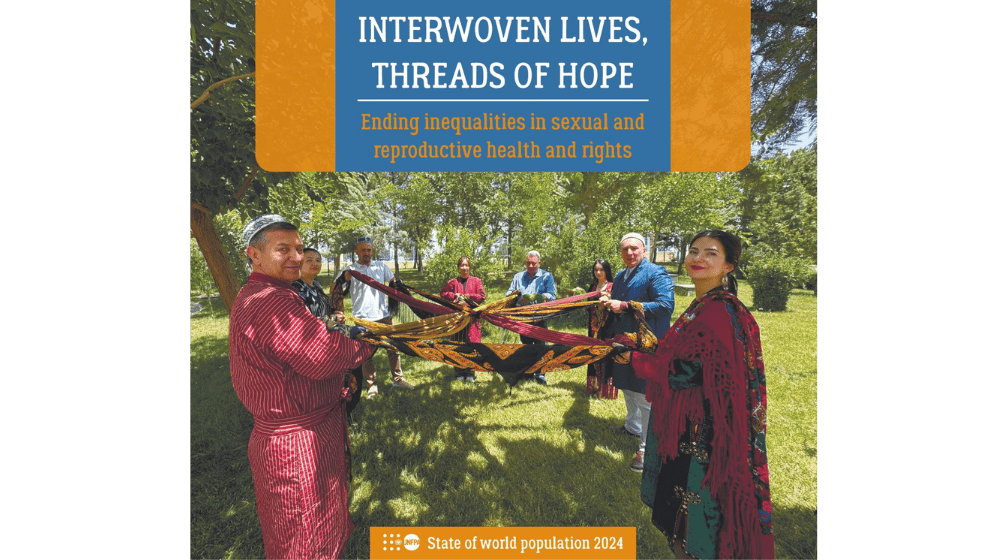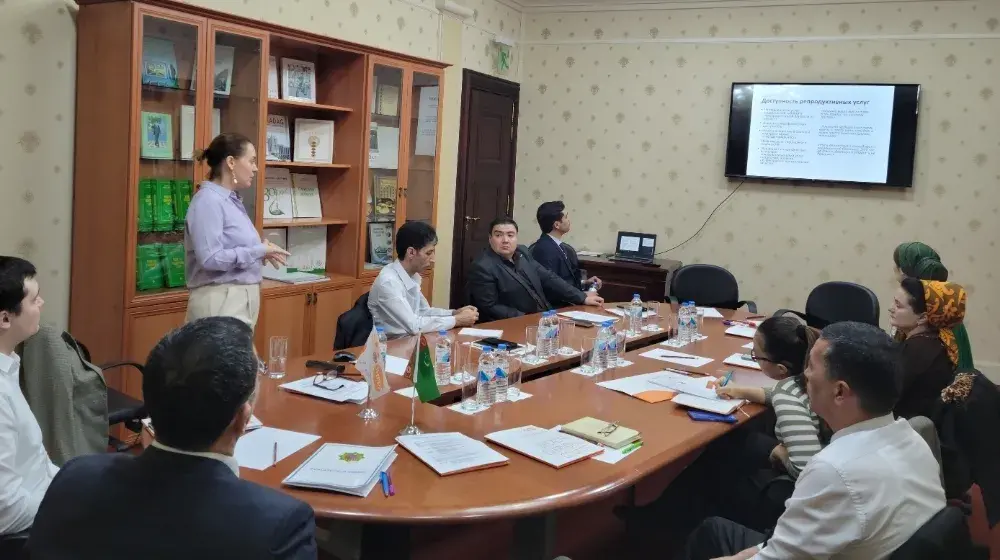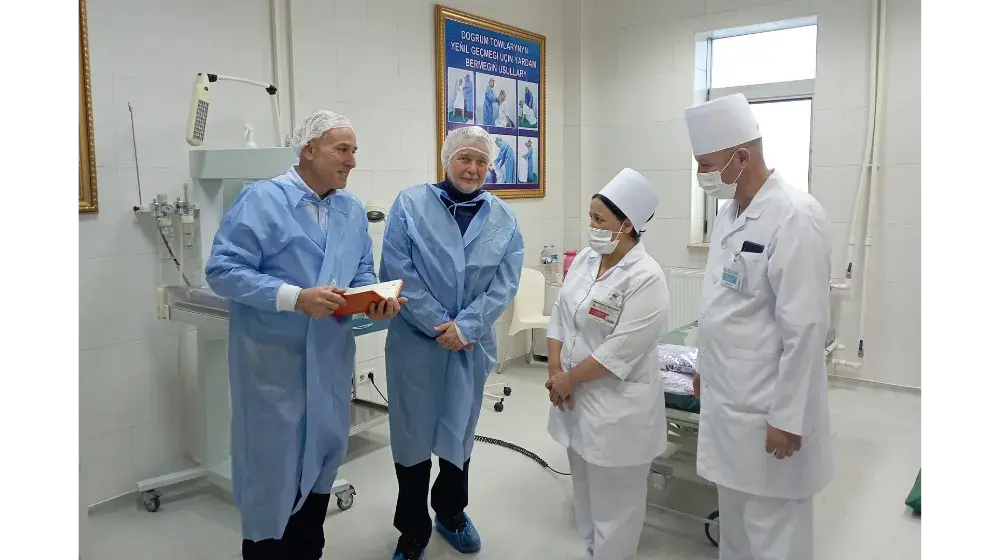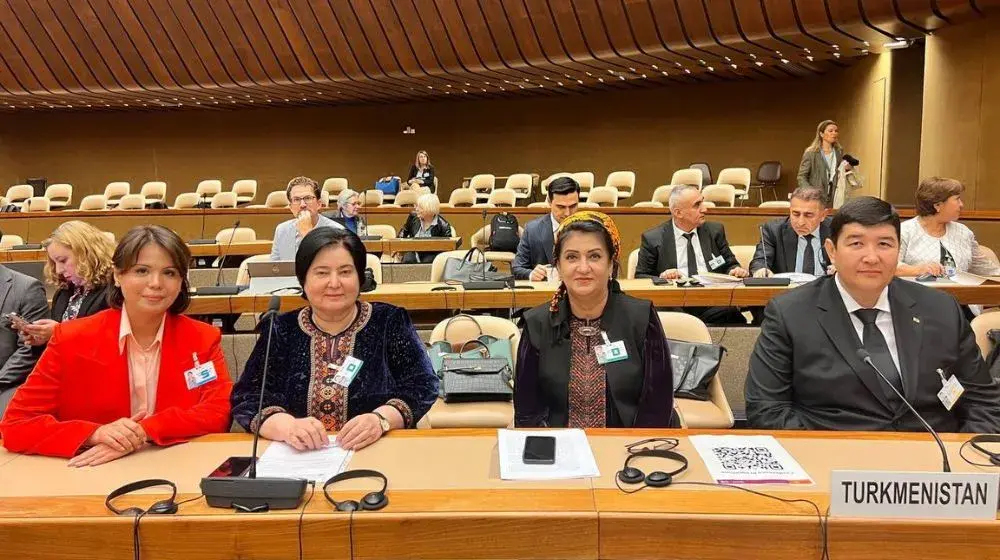In 1994, the world united at the International Conference on Population and Development (ICPD), envisioning a future where everyone could exercise their sexual and reproductive health rights, where women and girls were empowered, and where sustainable development flourished.
Three decades later, significant progress has been made. Maternal mortality has declined, contraceptive access has expanded, and strides have been made towards gender equality. However, the 2024 State of World Population (SWOP) report, "Interwoven Lives, Threads of Hope: Ending inequalities in sexual and reproductive health and rights" reveals a stark reality: progress remains uneven, with many still facing significant challenges.
For millions, access to essential healthcare, particularly sexual and reproductive healthcare, remains limited due to factors like poverty, geographic location, and discriminatory social norms. This lack of access disproportionately affects women and girls, hindering their health, well-being, and ability to make informed choices about their lives. Despite the commitments made at the ICPD, barriers such as stigma and inadequate resources continue to delay progress towards universal access to quality care.
"One woman in four cannot make her own health-care decisions. One woman in four cannot say no to sex. And nearly 1 in 10 are unable to make their own choices about whether to use contraception. We have, for the first time, data on whether women’s bodily autonomy is strengthening over time – and in 40 percent of countries with data, it is actually diminishing," Dr. Natalia Kanem, UNFPA Executive Director, emphasized during the launch of the State of World Population 2024.
Urgent Action for an Equitable Future: Solutions from the SWOP 2024 Report
The 2024 State of World Population report reveals stark inequalities that demand immediate action. To create a world where everyone thrives, we must dismantle the systems that perpetuate these disparities. This requires a multi-faceted approach, including:
- Transforming Systems and Structures: Collaborating with governments and community leaders to rebuild systems that ensure all 8 billion people can contribute to and benefit from a just and prosperous future.
- Eliminating Bias in Healthcare: Rooting out biases within healthcare systems to ensure equitable care for everyone, regardless of background or circumstances.
- Amplifying Vulnerable Voices: Prioritizing data collection and analysis that reflects the experiences of vulnerable groups, ensuring their needs are heard and addressed in policy and programming decisions.
- Investing in Equality: Addressing the root causes of inequality, including poverty, discrimination, and lack of access to education and healthcare.
- Combating Climate-Induced Inequality: Addressing the disproportionate impact of climate change, conflict, and demographic shifts on vulnerable populations, ensuring no one is left behind.
Dr. Natalia Kanem further stressed the need for collaborative action, stating: "Our strength, our resilience comes not from any individual strand but from the collective, interwoven whole. The way forward, how we proceed and succeed, is by working together."
By taking these bold steps, we can weave a stronger, more resilient fabric for our global community, ensuring everyone can reach their full potential, regardless of gender, background, or circumstance. The time for action is now.
Explore the full SWOP 2024 report to delve deeper into the challenges and opportunities facing our world:
***
The State of World Population (SWOP) report is an annual publication by the United Nations Population Fund (UNFPA). First published in 1978, the report provides a comprehensive analysis of global population trends, including fertility rates, mortality rates, migration patterns, and demographic shifts. With over 40 years of data and analysis, the SWOP report serves as a critical resource for policymakers, researchers, and advocates, offering insights into the complex relationship between population dynamics and sustainable development.





